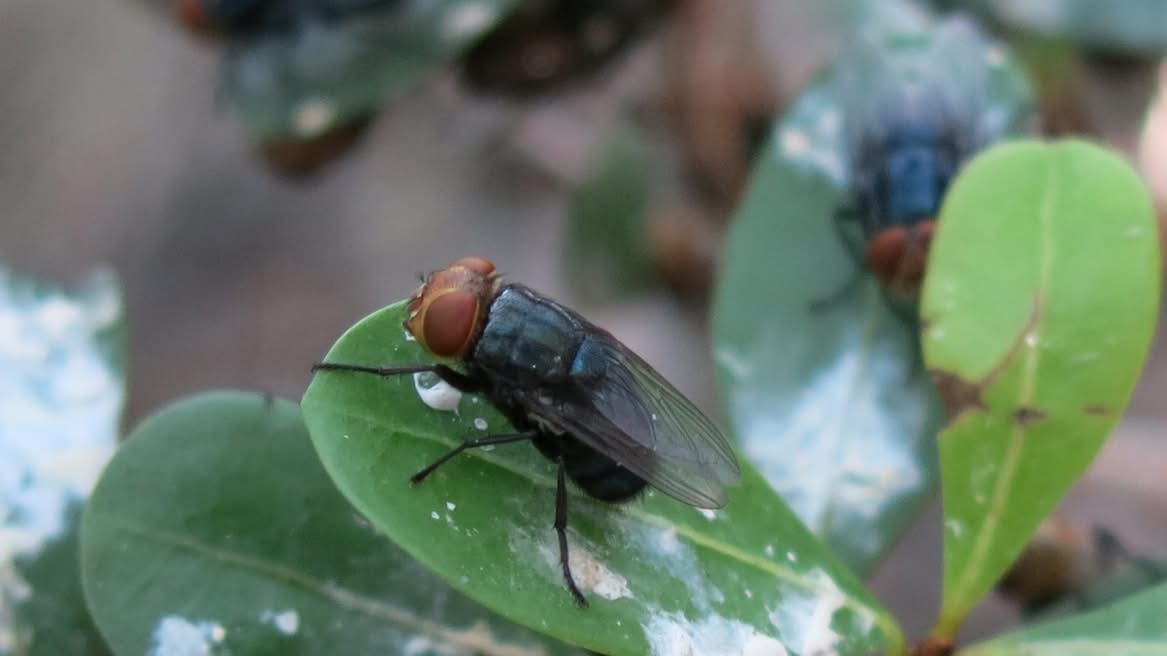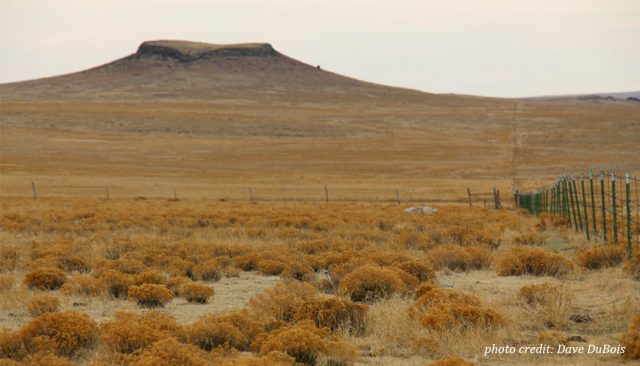The New Mexico Department of Agriculture is open for business while the former NMDA Headquarters Building at 3190 S. Espina Street has been demolished and a new building is being constructed in its place. During this time, the majority of NMDA offices are located across from Espina St. at the Physical Science Laboratory/Clinton P. Anderson Hall at 1050 Stewart St. Please see the building and parking map below, or call 575-646-3007 for more information. The State Chemist Lab is located at 975 Agriculture Way. The State Seed Lab, State Metrology Lab and State Petroleum Lab are located at 973 Agriculture Way. To reach any of the labs, please call 575-646-1551.


Latest Information about the New World screwworm
USDA has launched screwworm.gov, a new centralized website that brings together all federal information and resources on New World Screwworm in one place
New World screwworm (NWS, Cochliomyia hominivorax) is a devastating pest that has been confirmed in Central America and Mexico. When NWS fly larvae (maggots) burrow into the flesh of a living animal, they cause serious, often deadly damage to the animal. NWS can infest livestock, pets, wildlife, occasionally birds, and in rare cases, people. New World Screwworm flies are not active when daytime temperatures fall below 65°F — but continued vigilance is still important. Occasional warm days can allow fly activity to return.
Know the signs, stay alert and help prevent its spread.
- Be Alert, Not Alarmed
- New World Screwworm and Livestock Border Closures: A Guide for New Mexico Livestock Producers
- Pest Alert | New World Screwworm also in Spanish
- Brochure | New World Screwworm: What You Need To Know also in Spanish
- Poster | Screwworm: An International Threat to Human and Animal Health
- Pest Card | New World Screwworm
Producers or owners who suspect New World screwworm should contact their veterinarian or call the New Mexico Livestock Board immediately at 505-841-6161. For reporting outside of regular business hours, call the AgroGuard hotline at 1-800-525-2782 or fill out our form.

Wildfire Information
Wildfire preparedness is year-round! New Mexicans – including farmers and ranchers – are encouraged to be prepared and learn about reducing wildfire risks. Peak fire season in New Mexico typically begins in early May and runs through June, although the state can experience fire danger throughout the year. For information related to wildfires and fire restrictions in the state, visit the New Mexico Fire Information website. For fire prevention resources, visit the New Mexico Forestry Division - New Mexico Energy, Minerals and Natural Resources website and New Mexico State University's wildfire resource page.

Drought Resources for Agricultural Producers
New Mexico’s drought intensity levels remain at abnormally dry, severe or extreme, according to the most recent U.S. Drought Monitor. The Southwest Border Food Protection and Emergency Preparedness Center at New Mexico State University and the New Mexico Department of Agriculture remind producers of the seriousness of the drought situation. Producers are encouraged to visit the new drought resources page, which includes information about and links to various resources at the local, state, federal and university levels.
